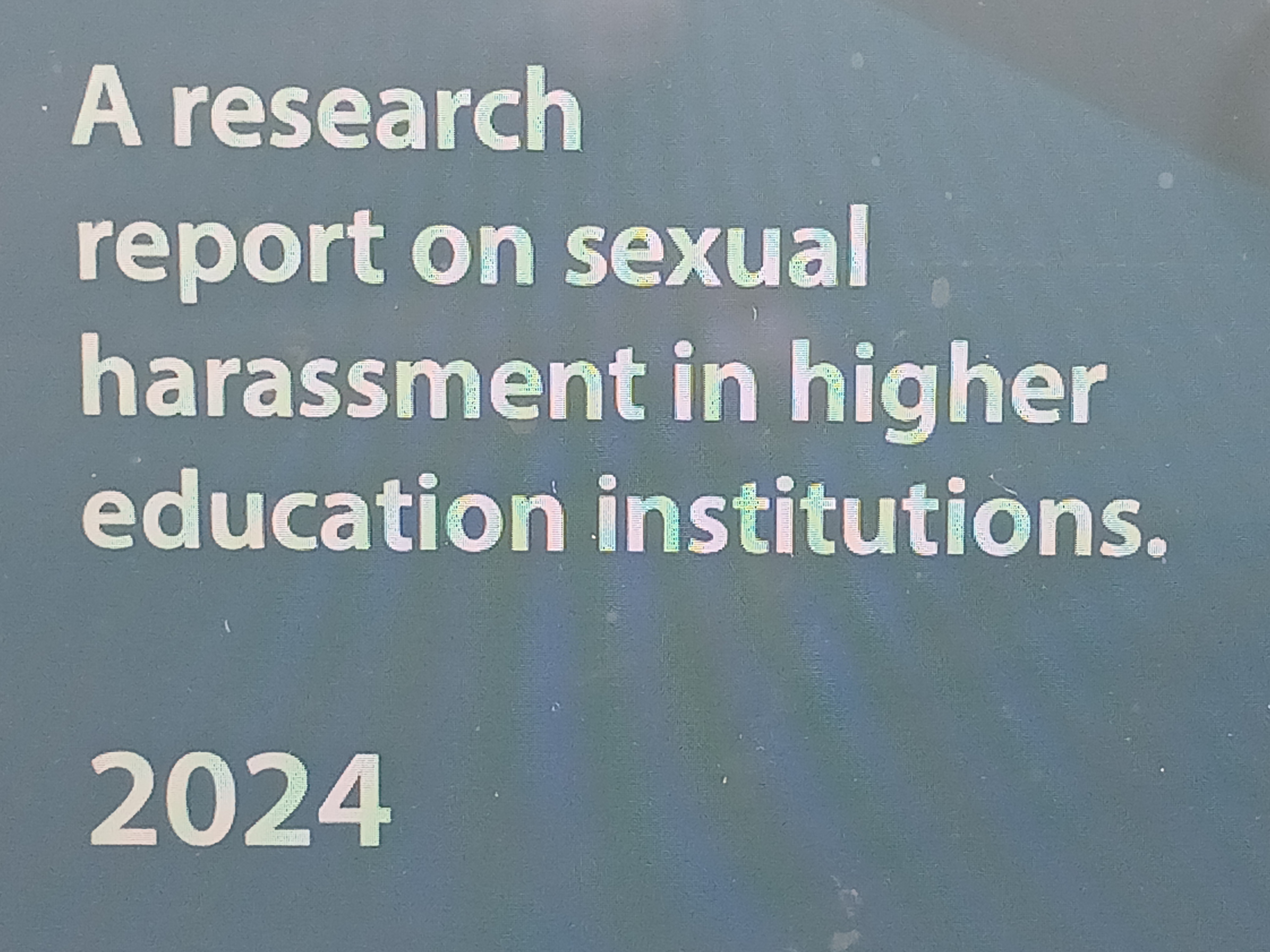-
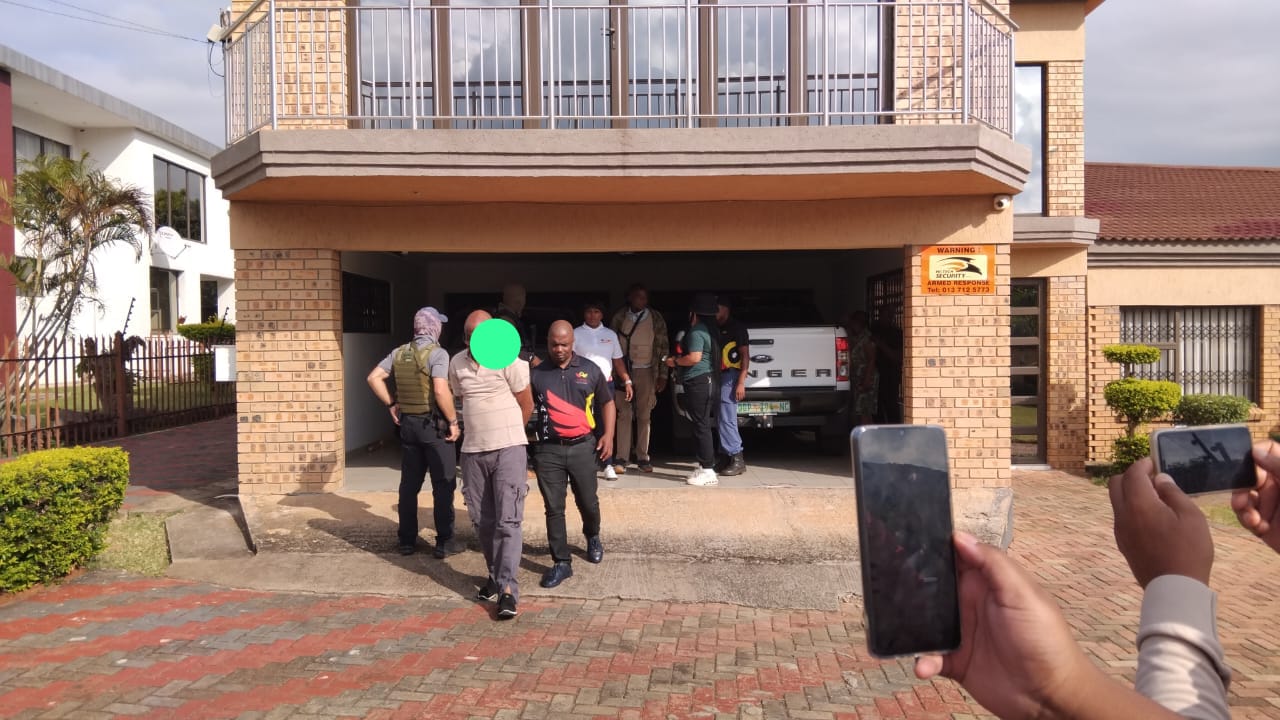 Hawks pounce on Mpumalanga government officials in another repairs and maintenance scandal
Hawks pounce on Mpumalanga government officials in another repairs and maintenance scandal
-
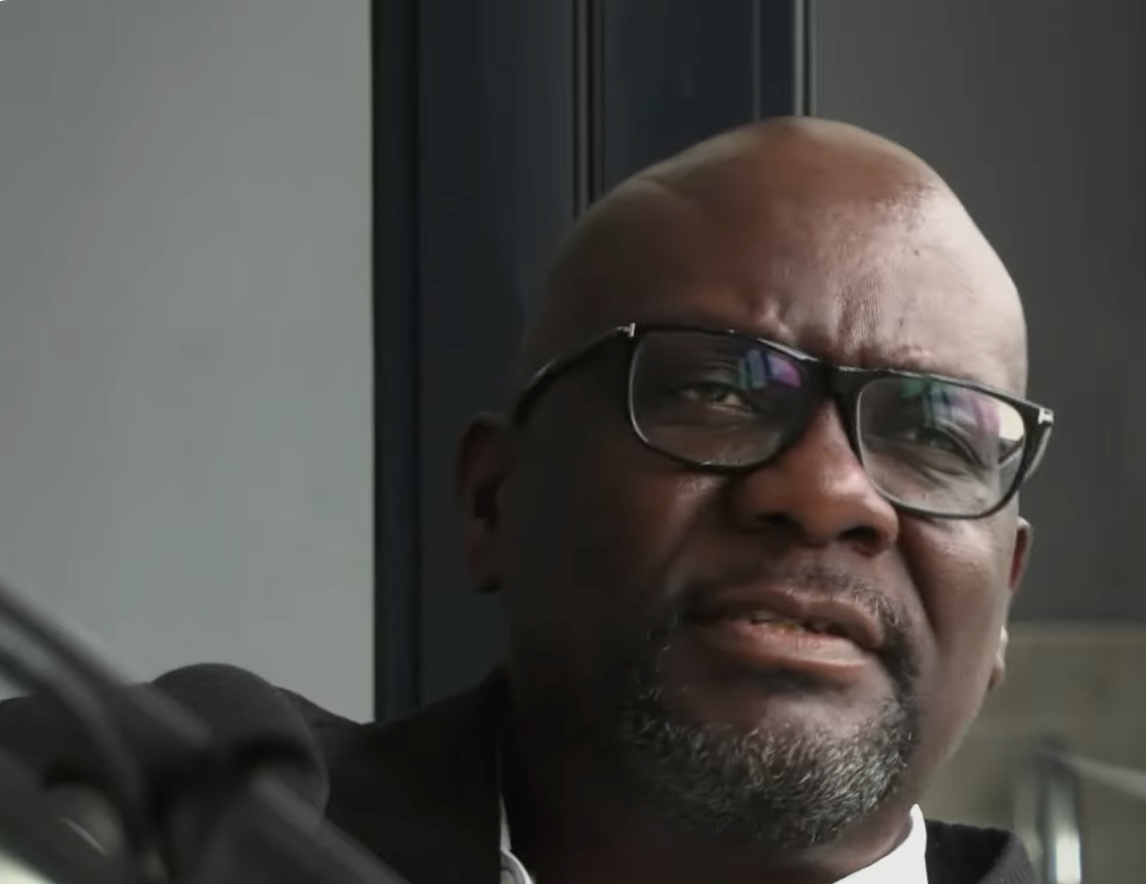 Mulaudzi files R5bn claim against the state
Mulaudzi files R5bn claim against the state
-
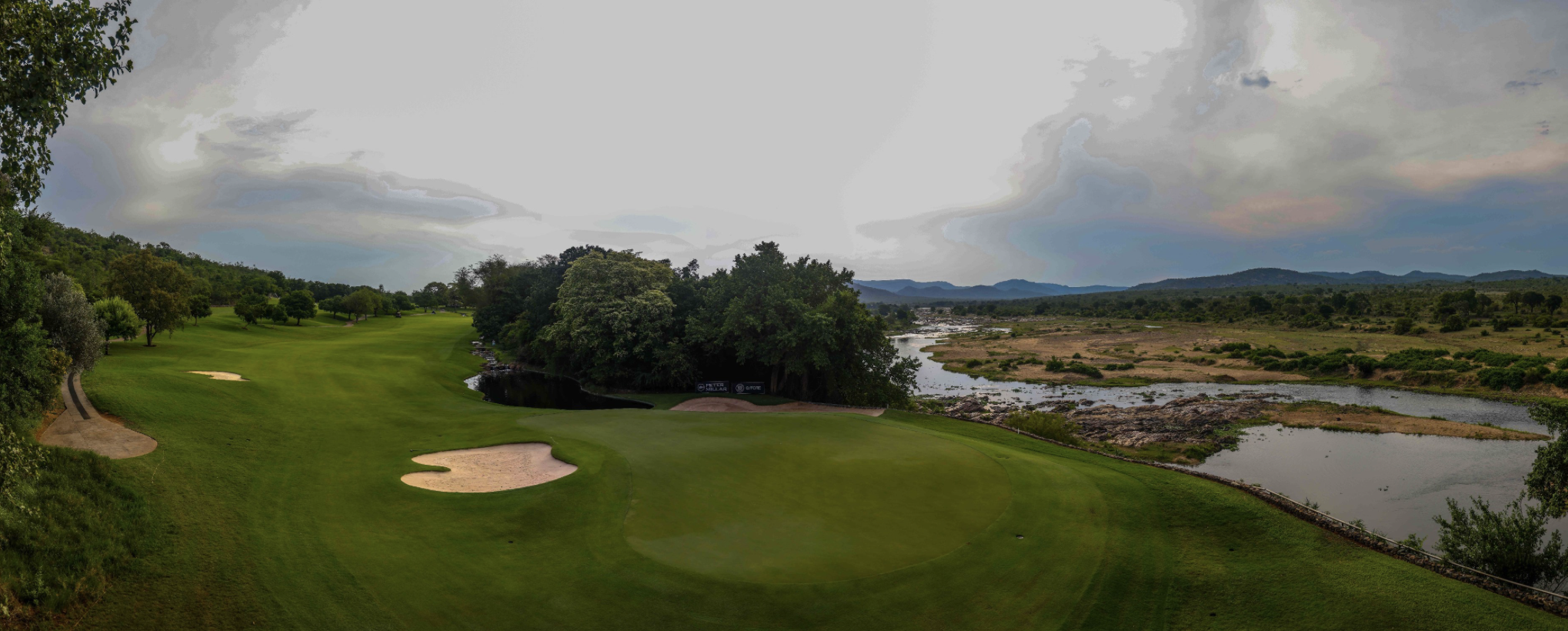 Evaluation Board reinstates disputed value on Rupert’s Mpumalanga property
Evaluation Board reinstates disputed value on Rupert’s Mpumalanga property
-
 Arqomanzi accused of delaying Lily Mine sale because it’s eyeing R141m profit from loan claim
Arqomanzi accused of delaying Lily Mine sale because it’s eyeing R141m profit from loan claim
-
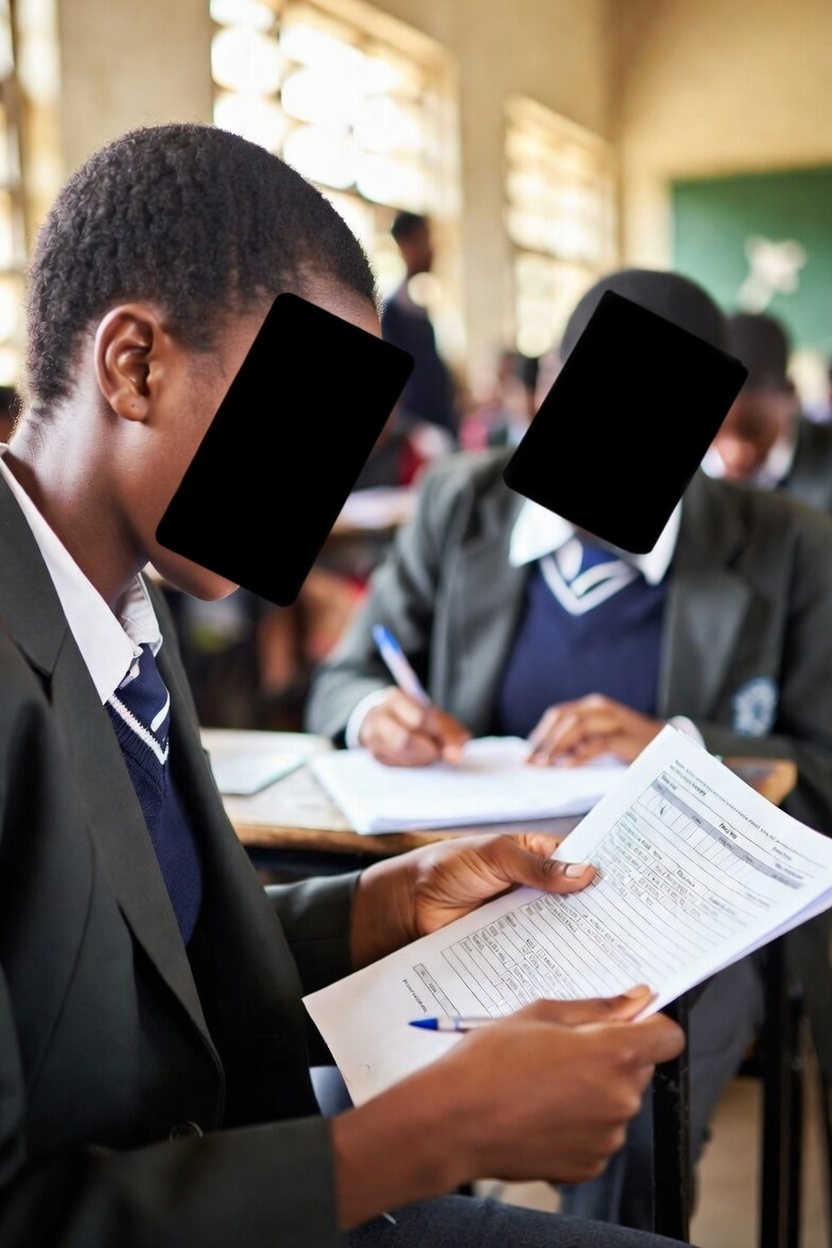 Matric cheating rocks Mpumalanga once again
Matric cheating rocks Mpumalanga once again
-
 Mvianga dismisses Royal Bafokeng’s response to his court application
Mvianga dismisses Royal Bafokeng’s response to his court application
-
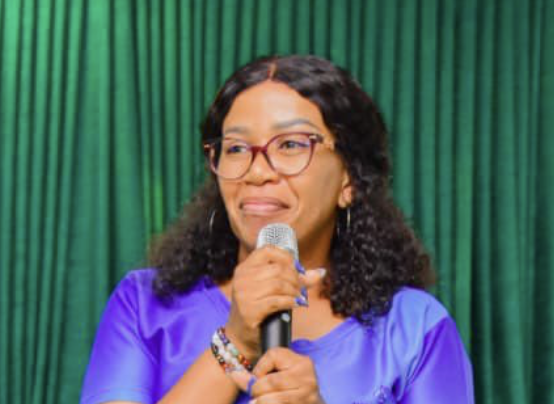 ANC denies ever raising funds from City of Matlosana
ANC denies ever raising funds from City of Matlosana
-
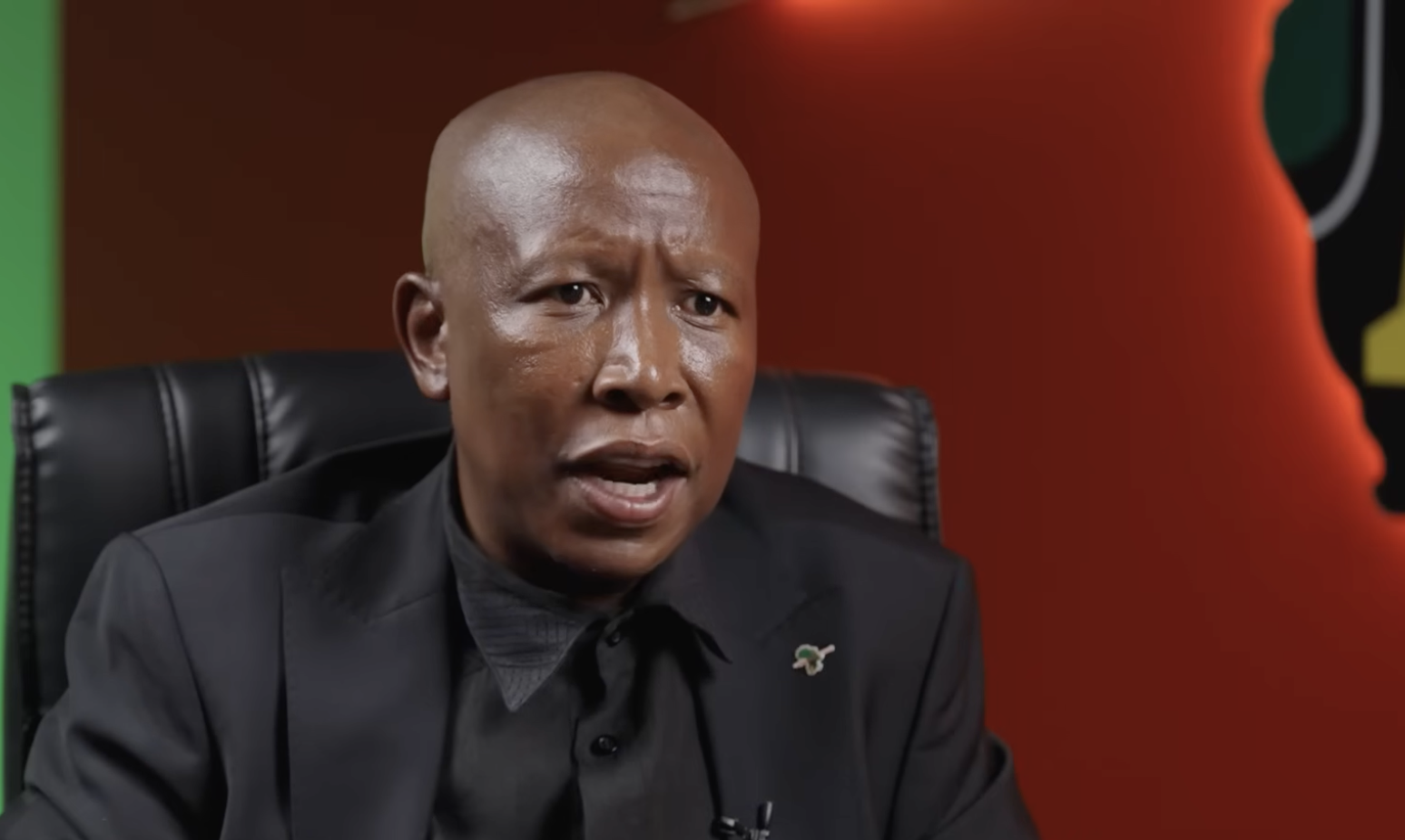 ‘SA must boycott the World Cup’ – Malema
‘SA must boycott the World Cup’ – Malema
-
 Transnet loses third court battle and ordered to pay R60m to Gijima
Transnet loses third court battle and ordered to pay R60m to Gijima
-
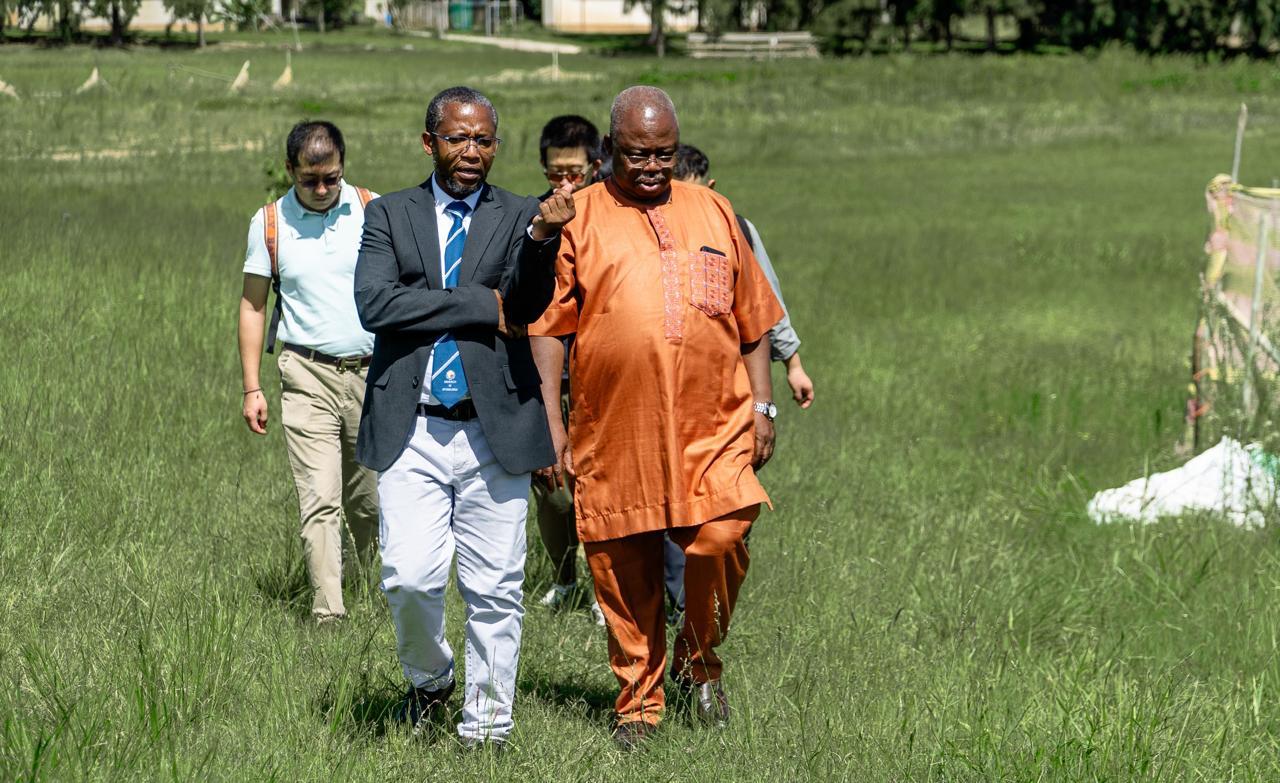 UMP’s ambition to position SA as a leading rice exporter
UMP’s ambition to position SA as a leading rice exporter
The scourge of sexual harassment in SA’s tertiary institutions
Sizwe sama Yende
Needy and vulnerable female students who are enrolling in tertiary institutions are finding sex predators and pests in student leadership that demand sex in exchange for offering help to settle in the new environment.
The newcomers also fell victim to even staff members when they wanted to be assisted with registration and allocation of accommodation.
This startling finding has been made by the Commission on Gender Equality’s (CGE) sexual harassment research at three universities – namely - Nelson Mandela University (in Gqeberha, Eastern Cape), North-West University and Sol Plaatje University (Northern Cape).
“An example was offered of a system where the student leadership (at Nelson Mandela Bay University) were given a dozen rooms per residence to administer and allocate themselves. This gave unfettered power to the student leadership, which they abused and engaged in quid pro quo transactions of rooms for sexual favours. Higher levels of gender-based violence (GBV) perpetration are noted by students (and staff) who hold power, and this should be avoided,” the research found.
The CGE did the research in response to mounting research and anecdotal evidence, which pointed to the fact that university communities were increasingly at risk of GBV, particularly sexual harassment.
“A study conducted by Oni, Tshitangano, and Akinsola in an unnamed institution of higher learning in South Africa in 2019 reported that 27 (17.3%) of male respondents and 47 (25.5%) of female respondents had experienced unwanted touching. Of the men, 17 (10.8%) and 19 (10.2%) of the women had been coerced to comply with a sexual relationship on campus,” there researchers said.
The research indicates that recent studies of sexual harassment showed that cisheterosexual women were invariably the victims, whilst cisheterosexual men were the perpetrators.
“Very little is known about the queer student community’s experiences of sexual harassment. The invisible experiences of the queer community are by no means an indication of their safety on campus but rather point to the marginalisation and exclusion of sexual minorities in studies, reports, and awareness campaigns about sexual harassment.”
Generally, the picture of sexual harassment in the country’s tertiary institutions is gloomy.
The CGE said that between 2011 and 2014, 247 cases of sexual violence, partner violence, and rape were reported at 15 universities across South Africa. This is, however, not a true reflection because sexual offences were under-reported in the country.
Former Minister of Higher Education and Training, Naledi Pandor, reported to Parliament in 2017 that there were 47 cases of rape and sexual assault on students reported on campuses across South Africa.
Pandor’s successor, Dr Blade Nzimanade, reported that 10% of all rapes in the country happened on campuses in higher education institutions.
Sexual harassment incidents over the past few years have sparked outrage among university communities.
In 2016, a list of alleged GBV perpetrators at Rhodes University in Makhanda was released on campus, leading to protests. The same outrage manifested after the rapes and murders of University of Cape Town student, Uyinene Mrwetyana, and University of the Western Cape student, Jesse Hess, in 2019.
The CGE said that following the full opening of higher education institutions after the Covid-19 lockdown in 2020, female students had fallen victim to students’ political leaders and staff.
“In addition, some lecturers demanded sexual favours from students for marks. Moreover, irrespective of the existence of policies and other initiatives geared towards addressing sexual harassment, the prevalence of sexual harassment and escalating cases in some institutions paint a troubling picture,” reads the report.
“Furthermore, institutional support was not forthcoming because universities are very concerned about protecting their public image and generally do not want publicity around sexual harassment.”
The research found that power dynamics played a substantial role in the perpetration of sexual harassment, where social constructs such as gender created social privileges that marginalised some through having or being perceived as having more power and/or authority than others.
“Empirical evidence tells us that this is true for vulnerable female students who need accommodation, assistance with registration, or improved marks to pass a module, amongst other reasons,” the report said.
“With heads of political student movements being cited prominently in the sexual harassment of students in exchange for assistance with first-year registration and residence allocation in this study, it is evident that hegemonic masculinity plays a role in organising gender power and should be urgently addressed.”
The common cases of GBV reported at North-West University included rape, sexual harassment, physical violence, intimate partner violence, and hate crimes.
Women’s focus group discussion (FGD) participants corroborated this, also highlighting sex work as a contributing factor.
“Participants shared that some students engage in sex work as a means to survive. Most of the men’s FGD participants believed that the most common form of sexual harassment in their institution was unwarranted touching and verbal sexual advances, with only one student mentioning rape.”
A Student Counselling and Development (SCD) staff member added that there was a peculiar problem on campus with resident students engaged in relationships that resemble domestic relations, which are referred to as ‘marriage internships’ wherein students cohabit at residence.
The member proposed that where private accommodation is accredited by the university, interventions were needed with landlords because of GBV among couples in private residences.

